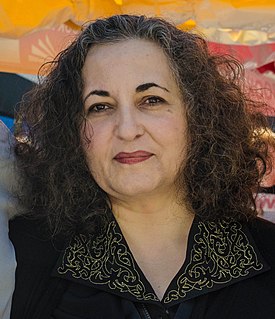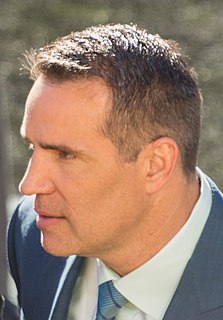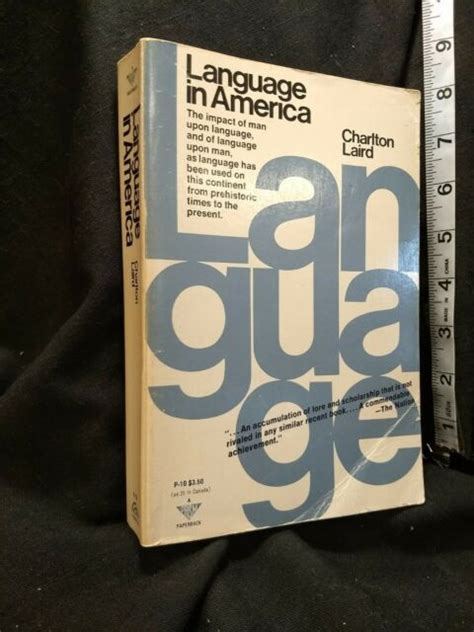A Quote by Emil Ferris
I read a quote to the effect that we are always writing about ourselves no matter what we're doing. That may be so.
Related Quotes
It can be dismaying, all the same, for a novelist to compare the slowness of the writing with the speed of the reading. Novels are read in a matter of days, even hours. A writer may labor for weeks over a particular passage that will have its effect on a reader for an instant - and that effect may be subliminal or barely noticed.
One of the rules that I always follow is that no matter how crazy characters may act, and no matter how absurd or strange their actions may be, that it's justified in the character's mind why they are doing it. Not to get all heady about it, but it's fun for me to test how far I can go with things while still keeping it grounded enough that you believe that the character really believes that what he's doing will get him what he wants. It's a personal challenge to me to see how far I can go with that.
The very act of thinking about power in our lives and experiences creates a process of revelation and self-analysis that may even make us look at ourselves in a new light... thinking about power and its complex manifestations may not simply lead to a better understanding of the abstract complexities of society, but may have an effect on one?s own image and identity. Perhaps a warning label should be placed on the cover.






































